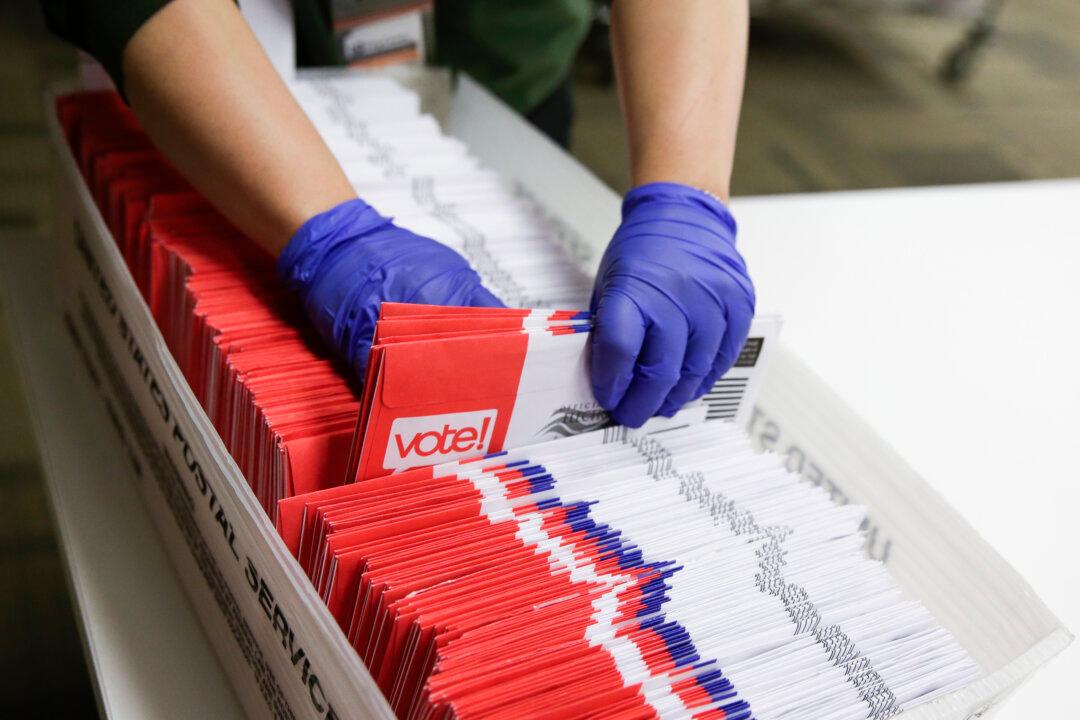Commentary
To the mainstream media bubble in Washington, election fraud is a “myth” perpetuated by President Donald Trump and his conservative allies—but to Pennsylvania voters, it’s a distressing reality.

To the mainstream media bubble in Washington, election fraud is a “myth” perpetuated by President Donald Trump and his conservative allies—but to Pennsylvania voters, it’s a distressing reality.